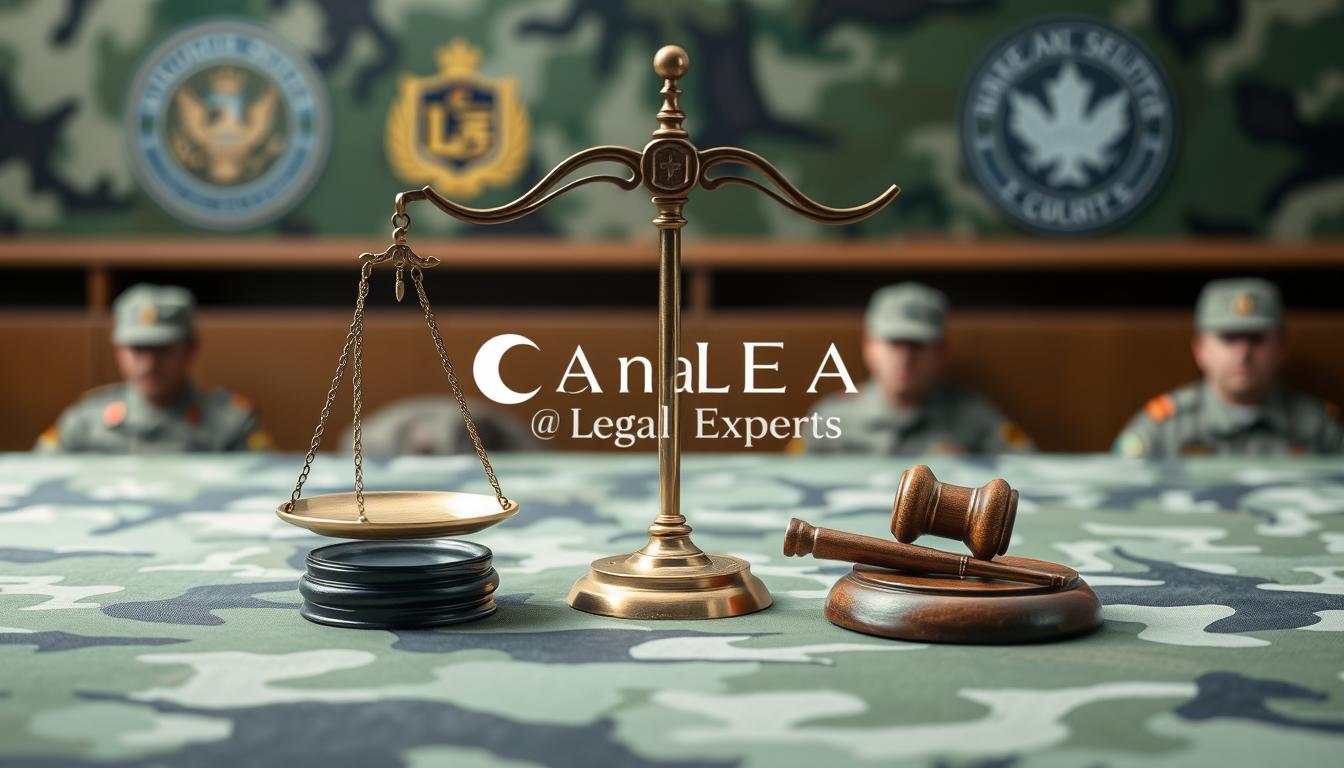Navigating Military Law: Expert Guidance for Service Members in canada legal Experts
Navigating Military Law in Canada: Expert Guidance for Armed Forces Members

Published at: Canada Legal Experts
Original Article: Navigating Military Law: Expert Guidance for Service Members
Overview: Understanding the Landscape of Military Law in Canada
Canadian Armed Forces members find themselves governed by a distinct legal system that goes beyond civilian law. The comprehensive guide published at Canada Legal Experts offers crucial insights into the intricacies of military law and how service members can effectively engage with this judicial framework.
Foundations of Canadian Military Law
The cornerstone of Canada’s military legal system is the National Defence Act. This legislation governs the structure, responsibilities, and disciplinary framework for members of the Canadian Forces. Military law serves specific objectives—primarily maintaining discipline, operational readiness, and morale—which differ from those of civilian legal systems.
Enlistees in the military must comply with both Canadian civil law and military law. The National Defence Act lays out numerous provisions including:
- A distinct code of conduct tailored to military operations
- The classification of “service offences”
- The functioning of military courts and disciplinary procedures
- Appellate mechanisms and post-trial reviews
The Role of Military Tribunals
Canadian military law employs a dual-court system comprising the:
- General Court Martial: Handles serious cases with a military judge and a panel comprising Armed Forces members. The panel determines guilt based on evidence, while sentencing is the judge's responsibility.
- Standing Court Martial: Adjudicates less severe offenses and is presided over solely by a military judge who determines verdicts and sentencing.
These courts exist independently of the civilian system and serve to enforce standards specific to military conduct.
Reform Spotlight: Military Justice at the Unit Level (MJUL)
One of the significant reforms currently shaping Canadian military law is the implementation of the Military Justice at the Unit Level (MJUL) system. This reform aims to decentralize and streamline judicial processes for minor infractions, offering a simplified and faster route for investigating and resolving service-related issues.
Key highlights of MJUL include:
- Elimination of the right to elect trial by court martial for select minor infractions
- More authority granted to local commanders to address disciplinary issues
- Reduction in the reliance on formal procedures involving military judges
While MJUL may enhance efficiency, it has raised concerns among legal experts regarding due process and the potential erosion of fair trial protections.
Legal Rights and Responsibilities of Service Members
Military personnel must be acutely aware of their dual legal obligations—adhering to both civilian and military legal standards. Facing disciplinary action or undergoing military trial can have serious implications on one's military career and personal rights. Therefore, understanding one’s rights and seeking legal representation are critical when navigating any formal proceedings.
Service members should keep abreast of changes in military legislation and reach out to a qualified military law practitioner when involved in complex legal situations.
Conclusion: Staying Informed and Prepared
Canadian military law continues to evolve as it seeks to balance discipline, efficiency, and the protection of individual rights. The introduction of the MJUL system is a notable development, but also a reminder of the importance of legal awareness among armed forces personnel.
To explore the full original piece and stay updated with legal resources relevant to Canadian soldiers, visit CanadaLegalExperts.com - Navigating Military Law Article.
Comments
Post a Comment